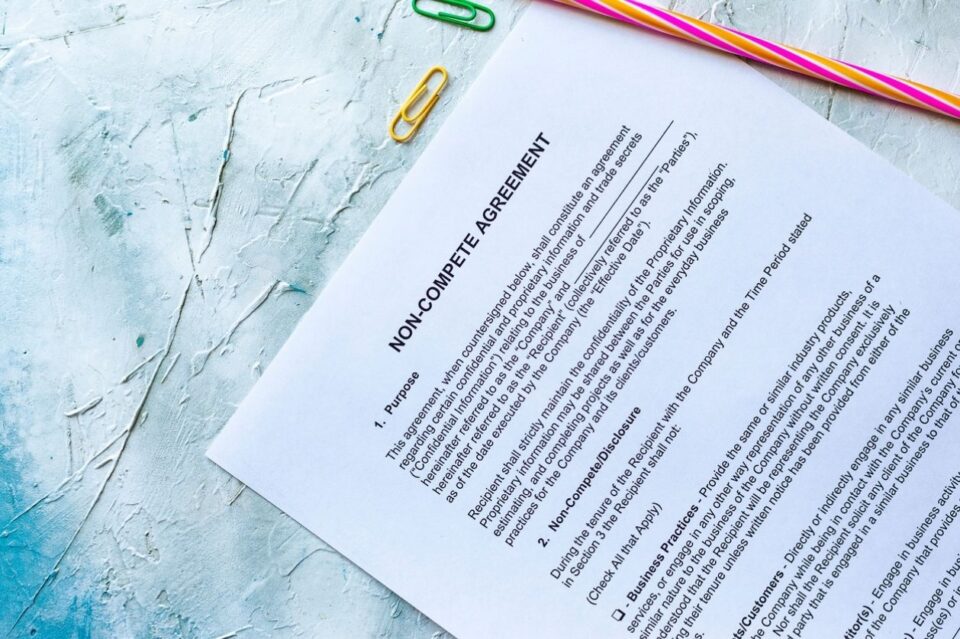Including Restrictive Covenants in your Accounting Firm Partnership Agreement

In this article, we discuss considerations regarding restrictive covenants in accounting firm partnership agreements.
Note: References to “partnership agreements” in this article refer to traditional partnership agreements, as well as shareholder agreements and LLC operating agreements. Similarly, when we refer to a “partner” in this article, this also applies to a shareholder of a corporation and a member of a limited liability company.
Why Restrictive Covenants Are Important
Restrictive Covenants (also called non-competes or non-solicits) are important because they create a significant part of the goodwill of an accounting firm. Conversely, there are some professional service companies – such as law firms – that are not allowed to have restrictive covenants. For this reason, few law firms offer retirement payments, because they cannot enforce restrictive covenants.
Restrictive Covenants on Referral Sources
In addition to a restriction on client solicitation, we suggest including a restriction on solicitation of referral sources in your accounting firm partnership agreement. For many accountants, referral sources are as important as the clients themselves. This is particularly true in certain practice areas, like litigation support. Referral source non-solicits may be harder to enforce, but in most cases they are worthwhile.
Scope of Restrictive Covenants
We counsel our clients to adopt non-solicitation provisions that apply to the clients that the former partner worked on, had a relationship with or had information about, although these restrictions may also apply to all clients of the firm. We usually counsel against pure non-compete agreements since they are hard to enforce because courts often view them as unnecessary to protect the business interests of the firm. Courts are more likely to enforce a restrictive covenant that the judge deems to be reasonable, and true non-competes are sometimes viewed as being unreasonable. There are, however, exceptions to this. For instance, a non-compete that is limited to a designated geographical area and for a specific industry where the firm has developed proprietary tools and a large market share of clients in that industry is more likely to be enforced.
Restrictive covenants typically last anywhere from two to five years, depending on the state. Some states will allow them to last for the duration of the period in which the withdrawing partner receives payments. Another option is to stipulate that all future retirement payments are forfeited if the former partner solicits clients.
Liquidated Damages for Violations of Restrictive Covenants
Most firms have a liquidated damages provision for restrictive covenant breaches. In other words, the partnership agreement describes how damages will be determined if a partner leaves the firm and takes clients or employees with them. This makes sense because, in most cases, if a client wants to follow a partner, the old firm will not retain that client anyway.
Typically, we recommend liquidated damages in the range of 125-150% of the client’s billings over a period of time. If the percentage is much higher, there is concern that the judge will disregard the amount. Additionally, the partnership agreement should make the former partner responsible for the unpaid receivables of any client he or she takes with them when they leave the firm. Similarly, with respect to poached employees, liquidated damages are usually in the range of 50-75% of annual compensation.
Other Key Components of a Partnership Agreement
Restrictive covenants are just one of the key components to be addressed in the partnership agreement. Other important aspects include retirement and governance. We address these and other partnership agreement components in this article. If you have questions about your accounting firm partnership agreement, please don’t hesitate to reach out.